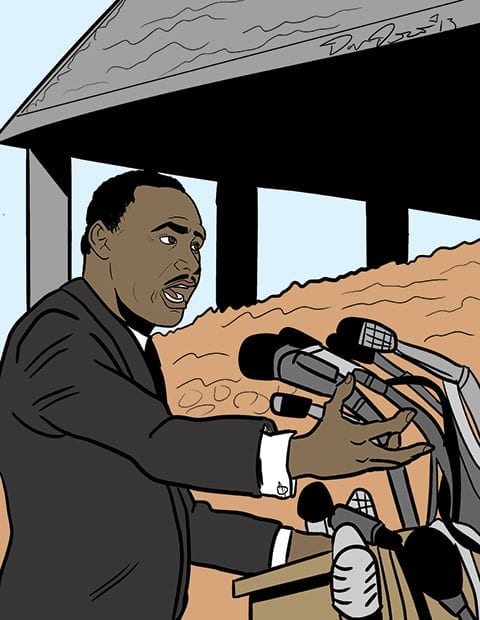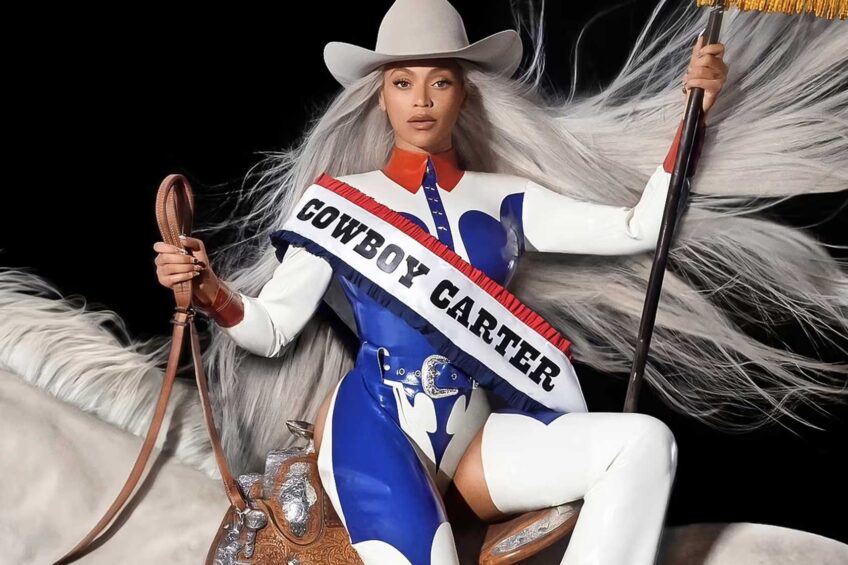
Next week Americans will celebrate the 50th anniversary of Rev. Dr. Martin Luther King Jr.’s “I have a dream” speech. Not all Americans. There are still too many who harbor hostilities to others because of their race or religion. They believe that the bounty of this nation is meant to benefit a few.
This is a malady that America has not yet cured. In the opening lines of his famous speech, King pointed out that it was a century ago that Abraham Lincoln signed the Emancipation Proclamation, and “one hundred years later, the Negro is still languishing in the corners of American society and finds himself an exile in his own land.”
The eloquence of King’s language caused history to lose sight of the fact that his was the keynote address of the “March on Washington for Jobs and Freedom.” Other speakers like A. Philip Randolph, founder of the Brotherhood of Sleeping Car Porters, and United Automobile Workers president Walter Reuther delivered messages in support of racial equality in employment.
One can imagine how vigorous the opposition to racial equality must have been 50 years ago. The 1963 “March on Washington” was the largest political rally ever assembled in the nation’s capital until the numbers were greatly exceeded by the “Million Man March” of 1995. But in 1963, black leaders such as NAACP President Roy Wilkins, National Urban League President Whitney Young, Student Nonviolent Coordinating Committee leader John Lewis and others were campaigning for a strong civil rights act.
President John F. Kennedy submitted a civil rights bill to Congress which was signed into law by President Lyndon B. Johnson on July 2, 1964, only 10 months after the 1963 “March on Washington.” Unlike some marches that are merely protests, the 1963 march had a strategy to obtain concrete results.
There was no expectation that whites or anyone else could be made to like those of another race. But the obligation was more transcendent. King stated it clearly: “When the architects of our republic wrote the magnificent words of the Constitution and the Declaration of Independence, they were signing a promissory note to which every American was to fall heir. This note was a promise that all men would be guaranteed the inalienable rights of life, liberty and the pursuit of happiness. It is obvious today that America has defaulted on this promissory note insofar as her citizens of color are concerned.”
The Civil Rights Act of 1964 made it unlawful to discriminate on the basis of color in places of public accommodation, employment and education. Some states had already passed such laws but the federal act made these protections applicable everywhere in the United States.
King’s call for nonviolence was assuring to some white supporters. King declaimed, “We must forever conduct our struggle on the high plane of dignity and discipline. We must not allow our creative protest to degenerate into physical violence. Again and again we must rise to the majestic heights of meeting physical force with soul force.”
King was able to move an emotional debate to a moral plane. Even a bigot would be touched by King’s “I have a dream” refrain. His declaration, “I have a dream that my four children will one day live in a nation where they will not be judged by the color of their skin but by the content of their character,” has been frequently quoted.
The cohort of civil rights leaders pushed on for enactment of the Voting Rights Act on Aug. 6, 1965. The groundwork for freedom was then in place, but there have been no successors to lead the way to economic progress for African Americans. That goal of the 1963 “March on Washington” is still to be achieved.






